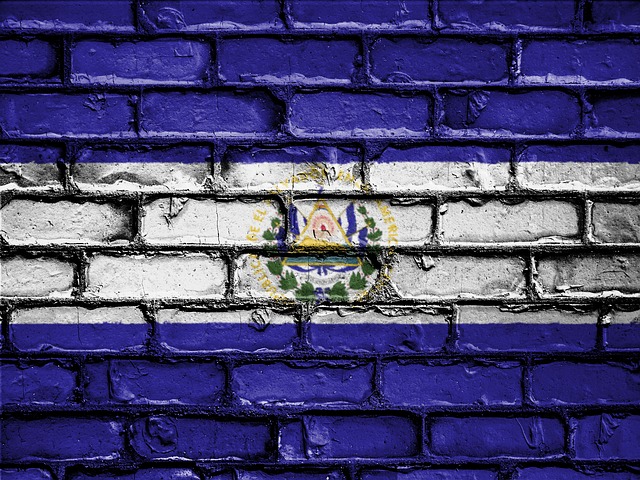
ProtectDefenders.eu partners are following the situation in El Salvador where several worrying developments for civil society have been reported.
In December 2021, a discussion took place in El Salvador’s Legislative Assembly regarding the draft Foreign Agents Law, a way to close the space for civil society in El Salvador. This discussion awakens familiar ghosts in the region and in the world, where such laws are becoming a multifunctional tool of authoritarian regimes. With a text similar to the restrictive Law on the Regulation of Foreign Agents in force in Nicaragua since October 2020, which has encouraged the criminalisation of dissent in that country governed by an authoritarian regime, the Salvadoran bill includes guidelines aimed at controlling, supervising, cancelling the legal status and criminalising human rights organisations and independent media working in the country if they do not comply with the provisions of the law.
Although the discussions and imminent approval of the Law on Foreign Agents were put on hold on 23 November 2021 due to the deep concern expressed by international human rights organisations and the diplomatic corps accredited in El Salvador, the President of the Legislative Assembly, Ernesto Castro, announced that the country needs such a law and that there are limits to what international pressure can change.
Laws such as the one proposed by the State of El Salvador are contrary to international human rights treaties as they violate freedom of association and the right to defend human rights. The draft Law for the Regulation of Foreign Agents is a serious indicator of the imminent closure of civil society spaces in El Salvador and represents a threat to the work of promoting citizen participation and freedom of expression, pillars of a democratic system. If signed into law, this bill could contribute to a climate of fear and censorship by limiting and controlling the activity of civil society organizations whose activities «are directly or indirectly funded by, a foreigner.»
At the same time, several organisations are condemning the use of NSO Group’s Pegasus technology in El Salvador for the surveillance of journalists and civil society, as initially flagged by El Faro and Gato Encerrado, and confirmed through a joint investigation by Access Now, Front Line Defenders, The Citizen Lab, Amnesty International, Fundación Acceso, and SocialTIC. Although, to date, it has not been established who the perpetrator of this surveillance is, NSO Group has repeatedly claimed it only sells Pegasus technology to governments.
These attacks are particularly alarming, as several of the infections occurred after the Pegasus Project revelations became public in July of 2021, indicating that those behind the spyware attacks were aware of, but ignored, the widespread denouncement of Pegasus use, including by international human rights NGOs and UN experts and officials.
The media are among the victims of the widespread violence and drug trafficking in El Salvador, one of Latin America’s most dangerous countries. El Salvador’s legislation provides the media with little protection, and officials harass and threaten journalists who try to investigate corruption or government finances. Since taking office as president in June 2019, Nayib Bukele has attacked and threatened journalists critical of his government, has blocked many of them on social media and has used the extremely dangerous tactic of trying to portray the media as an enemy of the people.


